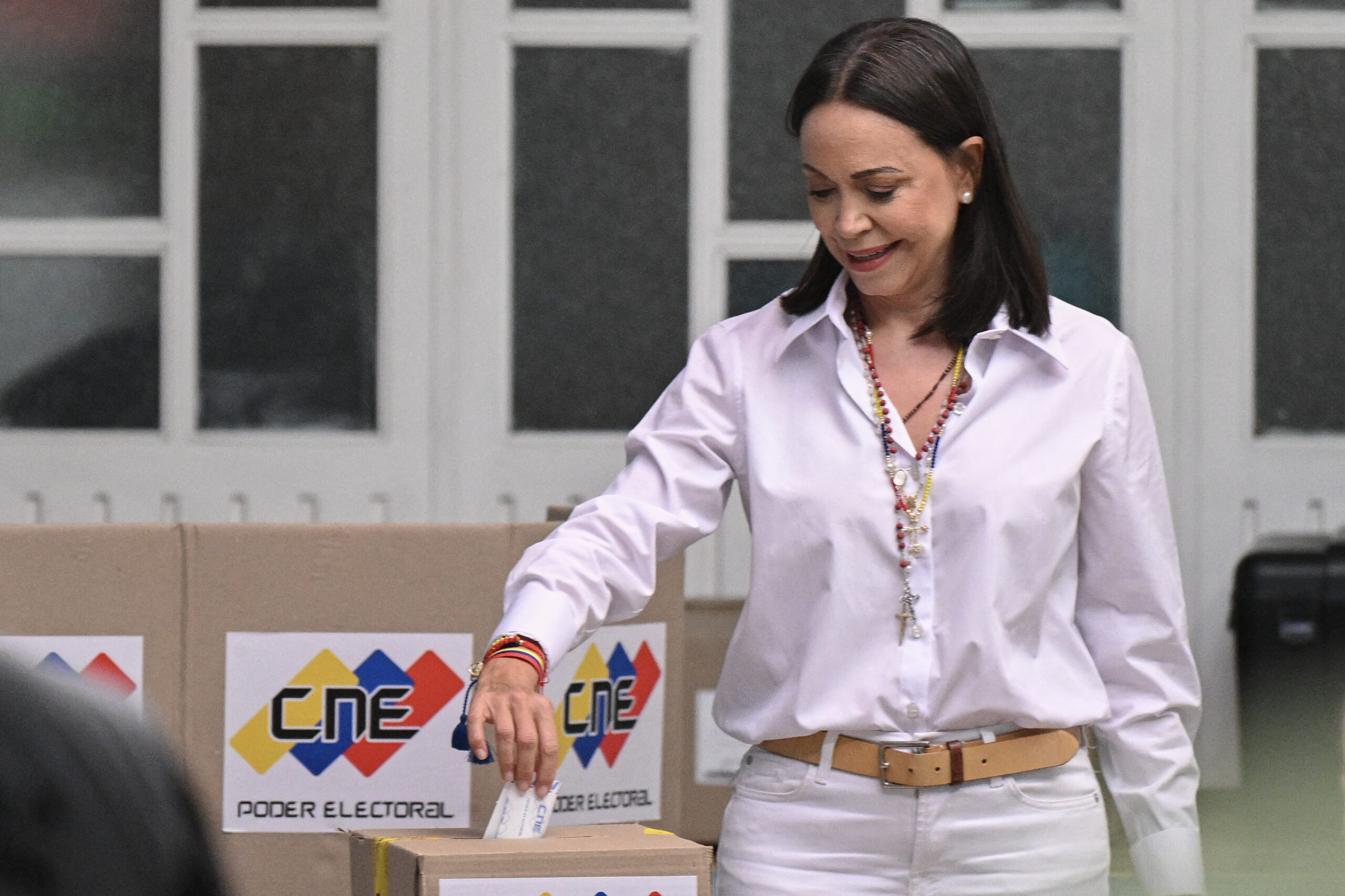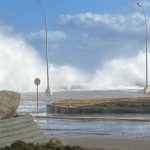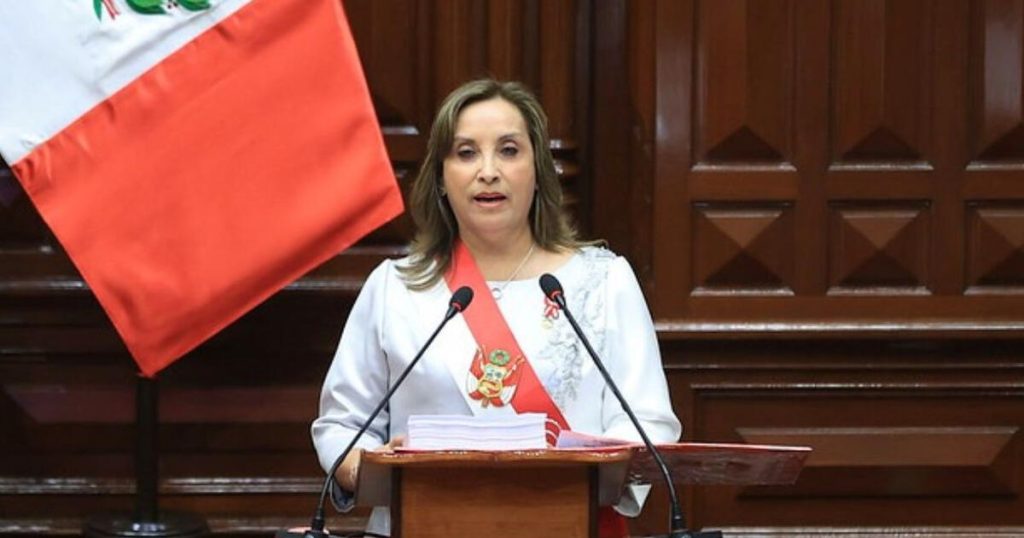On July 28, after 25 years of Chavista dictatorship, the Venezuelan opposition finally managed to unite around a goal and a candidate to confront Nicolás Maduro through democratic means, through an electoral process, and to corner him.
But before these historic votes, the Venezuelan opposition had to assume a very pragmatic, objective position and tolerance of differences within itself. Now the Nicaraguan opposition must learn the lesson.
For the Nicaraguan opposition leader in exile Juan Diego Barberena, the first lesson that the Venezuelan opposition has given them is the pragmatism with which they have carried out the entire process, from the negotiations abroad that led to that July 28.
Barberena believes that one of the important aspects that the Venezuelan process has left as a lesson is that the opposition in that country was able to overcome all the obstacles imposed by the Maduro dictatorship, based on the unity of all the opposition forces, as demonstrated by the way they covered each inhibition that was decreed to the regime.
Related news: With elections in Venezuela just hours away, international figures call on people to vote “without fear”
“Another important aspect is that Venezuelans have recognized electoral life as the “route” to achieve a democratic transition and that the improvisations of the past have not resulted in overthrowing the dictatorship,” says the opposition leader in Nicaragua, from exile in Costa Rica.
Former political prisoner Tamara Dávila, for her part, maintains that one of the main lessons that the Venezuelan opposition has left for her Nicaraguan colleagues is the maturity they had in overcoming their political and programmatic differences and establishing a relationship of respect for the right to think differently.
Dávila also agrees with Barberena that the unity of all opposition forces is essential to overthrow the dictatorship and stressed that only united Venezuelans could be prepared to monitor their votes.
Related news: Elections in Venezuela are a hope for the Latin American region, says civil society
And another important lesson that the Venezuelan electoral process leaves, according to Dávila, is that the votes are only the beginning of a transition process “that has to be negotiated,” just as María Corina Machado has done with the dictatorship itself and the power circles of the regime.”
Meanwhile, exiled opposition member Ana Quirós highlighted the Venezuelan opposition’s ability to put aside differences to focus on a common goal and thus achieve the necessary unity.

















